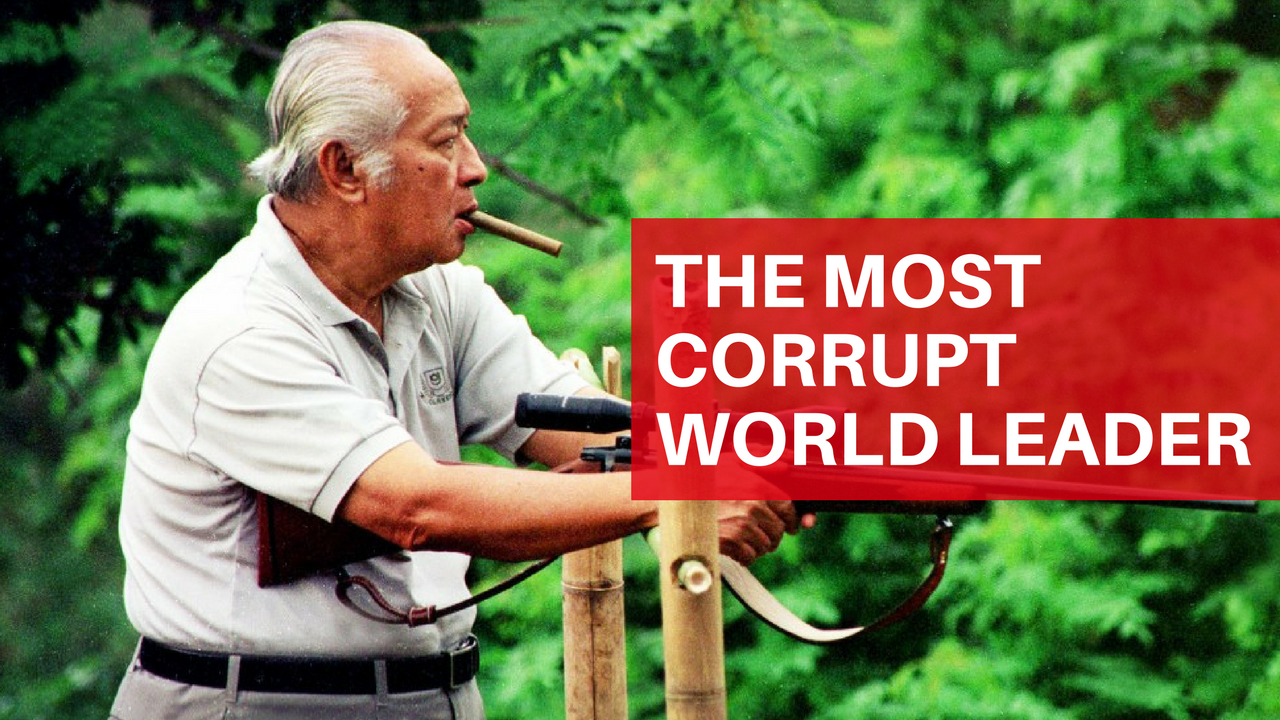How Did Suharto Steal $35 Billion?

Mohamed Suharto has received a dubious honor from Transparency International, which named the former Indonesian president the most corrupt world leader of the past 20 years. With his family's takings estimated at between $15 billion and $35 billion, Suharto topped such notorious kleptocrats as Ferdinand Marcos of the Philippines ($5 billion to $10 billion) and Nigeria's Sani Abacha ($2 billion to $5 billion). How did the longtime Indonesian strongman amass his wealth?

Through a system that his political opponents called KKN, the Indonesian acronym for "corruption, collusion, nepotism." Suharto handed control of state-run monopolies to family members and friends, who in turn kicked back millions in tribute payments. Those payments were usually cloaked as charitable donations to the dozens of foundations overseen by Suharto. Known as yayasans, these organizations were supposed to assist with the constructions of rural schools and hospitals but instead functioned as Suharto's personal piggy banks. Doling out millions to one of the foundations was simply part of the cost of doing business in Indonesia during much of Suharto's 32-year reign. Financial institutions were ordered to contribute a portion of their annual profits to a yayasan, for example, and wealthy Indonesians were expected to "tithe" a certain percentage of their salaries.
The charitable foundations were only the tip of the KKN iceberg. In order to exploit Indonesia's natural resources, companies had to enlist the aid of a Suharto crony—usually one of his children—in order to get through the bureaucratic red tape. In return, the cronies expected an equity stake in the enterprise, without putting forth any monetary capital. When Jakarta's water system was privatized in the mid-1990s, for example, one of the winning bidders had to give Suharto's son, Sigit, 20 percent of the venture's shares. Sigit's involvement with the company amounted to showing up for the contract-signing ceremony.
Suharto and his clan also used services firms to siphon cash from larger companies. The most famous example concerns Pertamina, the state oil company. According to a 1999 exposé in Time Asia, Pertamina was forced to import and export its oil through two Suharto-family trading companies, which charged up to 35 cents a barrel for the service. Other Suharto-related companies enjoyed favorable contracts to provide the oil monopoly with everything from cafeteria food to insurance. When Pertamina's books were finally audited in July 1999, it was estimated that at least $6.1 billion had been stolen in this manner.

Suharto-affiliated companies could also borrow money from Bank Indonesia, the central bank, without paying back a dime. International accounting standards were pretty much ignored in Indonesia prior to Suharto's downfall in 1998, and there was little pressure on the nation's oligarchs to make good on their debt obligations.
Suharto made only token gestures toward combating corruption, and they were largely confined to the first decade or so of his rule. A 1977 program called "Operation Orderliness," for example, was supposed to curtail cronyism, but it ended up targeting only small-fry civil servants. Suharto was supposed to face trial in 2000, in relation to approximately $571 million he embezzled from the yayasans, but doctors ruled that he was too ill to withstand court proceedings. (Indonesian prosecutors tried again in 2002, but physicians still insist that Suharto's unspecified "brain disease" is serious enough to prevent a trial.) Nonetheless, his family's representatives have vigorously denied the corruption charges, even going so far as to sue Time Asia over its muckraking story—a lawsuit that was dismissed for lack of evidence. That article was actually somewhat kind to Suharto, in that it pegged his family's fortune at the relatively lowball figure of $15 billion.
This post has received a 2.06 % upvote from @boomerang thanks to: @selfhelp
You got a 1.02% upvote from @mercurybot courtesy of @selfhelp!
You got a 0.80% upvote from @allaz courtesy of @selfhelp!
1.65% @pushup from @selfhelp